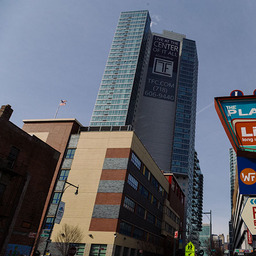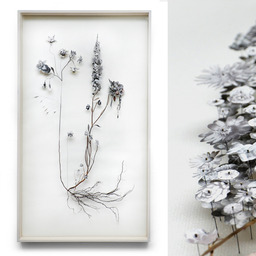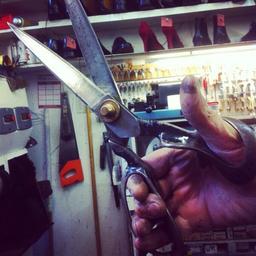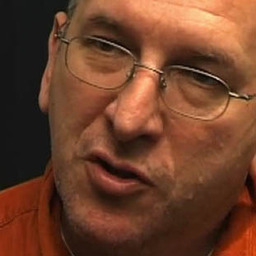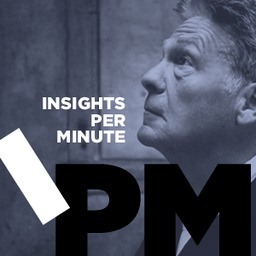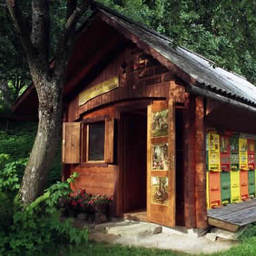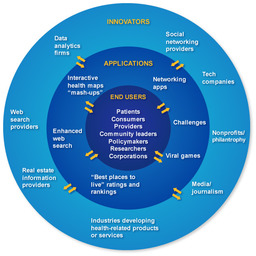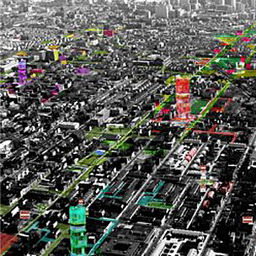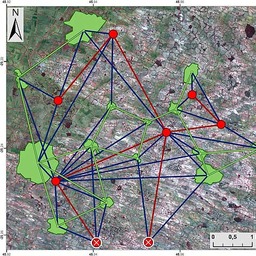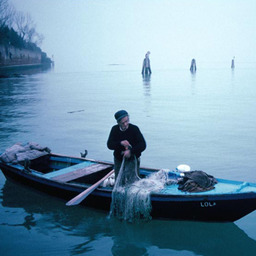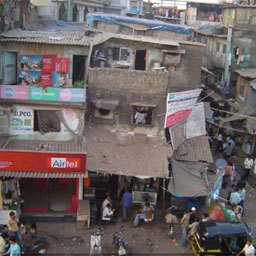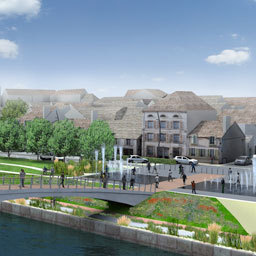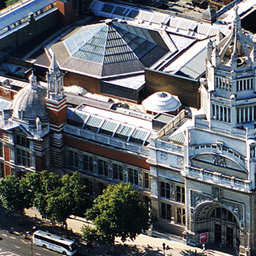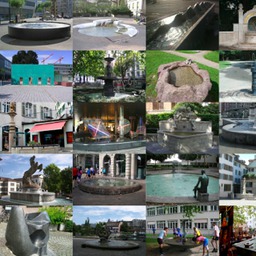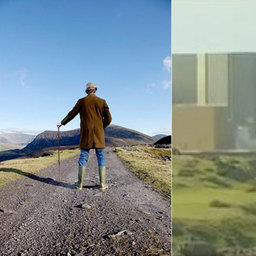Observed
The recent handoff from Joe Biden to Kamala Harris obliged the campaign's designers to launch a new
Harris for President logo in just three hours: they also crafted an entire brand refresh—including ads and print collateral AND a website—all of which they built out in just over a day. More on this massive (and speedy) undertaking
here.
Our friends at
WXY Architecture and
Jerome Haferd Studio are among four firms that have won a competition to design a series of cultural venues for historic Africatown in
Alabama.
“Our mascot, Phryges, is based on the Phrygian hat, which is a powerful emblem in France on everything from coins to stamps. Phryges is gender-free, which feels appropriate because this is the society we live in. Toys should be for everyone, and not gendered.” An interview with Joachim Roncin, the
designer of the Paris Olympics.
The Society for Human Resource Management (SHRM)
recently announced that it would
eliminate the term “equity” from its Diversity, Equity, and Inclusion (DEI) language. “What organizations like SHRM may or may not realize is that abandoning the work of diversity,
equity, and inclusion causes real harm and serious pain,”
says Amira Barger. “By sidelining equity, SHRM’s move may unintentionally exacerbate something called ‘dirty pain.’”
“As a person who spent the first part of my career as a graphic designer and art director, I immediately saw the visual power and nearly infinite graphic possibilities of this image.” In today's
New York Times,
Charles Blow discusses
the irrefutable power of an iconic photograph.
In New York City,
The Design Trust for Public Space is looking for photographers with “unique lenses on an equitable water future for New York”. Deadline for entry is 11 August. More
here.
One artist's (musical) cry for help—or at least, fewer fast-food franchises in North Adams, Massachusetts.
“My design philosophy is to make people happy and comfortable in their environment,” says the 83-year old Irish designer known simply by her first name—
Clodagh. “Since I don’t know the rules, I can actually break them all the time.”
Design for
accessibility, blessedly, is on the minds of architects and builders all over the world. Given the fact that an estimated
15-20% of the population is neurodivergent, commercial buildings are increasingly working to become more welcoming, inclusive, and comfortable for all individuals.
“While designers are eager for praise and acclaim and create an aura of ostensibly cultured and intellectual pursuit, often involving awards and accolades, design itself takes no responsibility for what happens when things go wrong.”
An excerpt from Manuel Lima's latest book.
Scientists are designing a space suit that converts urine into drinking water. More
here.
Graphology geeks, rejoice! A new book featuring a selection of
treasures from the Bodleian Library at the University of Oxford is out from our friends at
University of Chicago Press.
Sad but true: according to Q1 data collected by the Federal Reserve Bank of New York, undergraduates choosing to major in Art History, Visual Arts, Performing Arts, and Graphic Design are associated with t
he highest rates of unemployment across the nation.
The
Underground Railroad Stamps, for the United States Postal Service—released in May— feature 10 portraits of some of the men and women who escaped slavery and/or helped others escape: Catharine Coffin, Frederick Douglass, Thomas Garrett, Laura Haviland, Lewis Hayden, Harriet Jacobs, William Lambert, Jermain Loguen, William Still and Harriet Tubman. Designed by
Antonio Alcalá, of Studio A, the
stamp, observes Steven Heller, “has done an important job of teaching American history to the public through these miniature ‘posters’ ”.
Randy Hunt is the
new chair of the MFA “Designer as Entrepreneur” program at the School of Visual Arts in New York, succeeding founding co-chairs Steven Heller and Lita Talarico.
At Tulane, architecture students build
homes for the homeless.
Cesar Rivera—who leads design for the
Centers for Disease Control and Prevention in Atlanta—has been named the next board chair of
AIGA.
Founded in 1944 by Winston Churchill’s government to help accelerate post-war economic growth, The
UK Design Council is on a mission to put
the planet at the heart of the sector’s work.
Figma's
new AI tool hits a roadblock.
Unlike most of the world,
Iceland's design scene skews overwhelmingly
female. Nat Barker
explores what makes the tiny Nordic nation so different.
"If MoMA is going to get serious about this world, it needs to start by dumping
the whole concept of “Latin America” and start getting specific." Carolina A. Miranda skillfully reviews
Crafting Modernity, an exhibition about design (yes, in Latin America) that runs through the summer at New York's Museum of Modern Art.
Logo lunacy for the New York Jets!
Professor
Nayef Al-Rodhan—a philosopher, neuroscientist, geostrategist, and futurologist who currently leads the Geopolitics and Global Futures Department at the Geneva Centre for Security Policy in Switzerland—holds strong opinions about architecture, which he characterizes as “an intrinsically philosophical enterprise grounded in aesthetics and ethics, including theories of human nature”. And
he has something to say about its future, particularly in the age of artificial intelligence.
Co. Design is now
Fast Company Design.
From our friends at the
MITPress Reader (an occasional newsletter that we can't recommend highly enough), the architect
Moshe Safdie offers a beautiful
remembrance of steps—and insights on their complexity—that led him to a life in design. (Also in this edition: graphic design enthusiasts will love this story on the design of
the original edition of Robert Venturi and Denise Scott Brown's
Learning from Las Vegas.)At The
Design Museum in London, a more "rainbow-hued version of the Barbie universe".
Right-leaning public interest groups have filed
a barrage of federal lawsuits intended to dismantle long-standing corporate and government programs that consider race in job placement. With an alleged goal of “complete race neutrality” (a view of radical equality that, for example, lawyers for the Wisconsin Institute for Law and Liberty think is “in line with the Declaration of Independence”) litigants are chippping away at the use of affirmative action across America.
As we wind down Pride Month 2024, a look at how queer theory apples to urban design: as theory and practice grows more empathetic towards the needs of its diverse stakeholders,
queer urban design brings a broad and holistic shift to understanding identity and community in publicly inhabited spaces, challenging traditional (and often rigid) methods of city planning by applying more inclusive criteria to reflect fluidity and interconnectedness.
Longevity, by Design: Apple has published a 24-page document outlining its key principles for designing hardware that endures.
Manchester City released a brand-new club font to use on the player’s shirts. But instead of tapping the skills of renowned typeface firms who routinely work with sports teams and brands, the Premier League champions asked former Oasis rocker Noel Gallagher to submit a brief. So he did!
And the crowd went wild.

